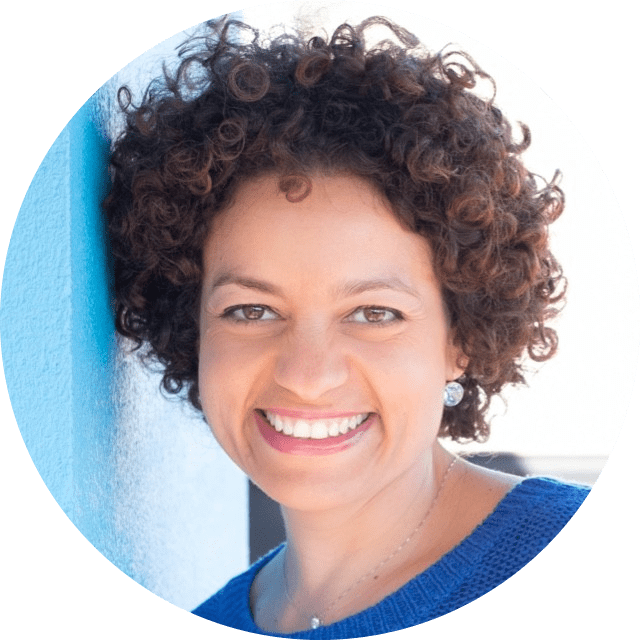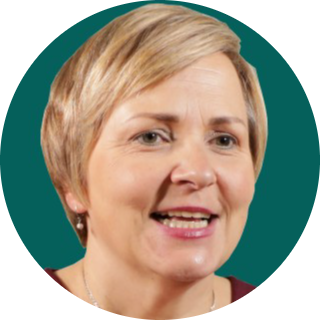Are digital nomad tentpole events the key to better remote connectivity?

Juliana Rabbi has been working remotely since 2014 and became a digital nomad in 2019. It didn’t take long until she realized that in order to fight the feeling of loneliness that comes as a result of not being in one place for too long, she would need to build a sense of community with like-minded individuals.
“The digital nomad life and the remote work lifestyle can be a bit lonely,” said Rabbi. “This is one of the main complaints I hear from people who are living this way. Having a community is extremely important.”
Today, there are more than 15 million American workers calling themselves digital nomads, more than double the number from pre-pandemic 2019, according to research from MBO Partners, a platform for independent business consultants. With that large a digital nomad population, leaders saw opportunities to create space for digital nomads to connect. One key part of it? Multiple day-long events hosted by folks across the globe.
“Now, it’s much easier because people understand us and there are a lot of us all over the world,” said Rabbi, who is a career coach for workers looking to go remote.
Last year, Rabbi attended eight digital nomad events all over the country. It’s something she’s been doing for five years now, even before she was fully a digital nomad, to help better understand the realities of the lifestyle.
“The point is you want to be surrounded by people who understand you,” said Rabbi. “You don’t need to be explaining yourself all the time. There are people you can have open conversations with, sharing struggles and victories. You can talk about where you have been and where you plan to go next. You feel like you belong and have a sense of community.”
Matthias Zeitler, who is the founder of coworking space Bansko, said that’s one of the main reasons why he decided to launch a digital nomad event: Bansko Nomad Fest. The event, being held from Jun. 25 to Jul. 2 this year, brings nomads to this village in Bulgaria for keynotes in the morning, nature in the afternoon and partying at night. It’s the ultimate combination of work and fun.
“A few years ago, I decided that maybe it’s a good idea to have an event to attract people because Bansko back then was not very well known,” said Zeitler. “People might not want to commit to one month in a small town in Bulgaria where they aren’t sure if it’s good for them, but people always understand what it means to come for a week with many things happening.”
Last year, the event brought 550 people to Bansko, and this year they’re expecting 750. Zeitler said gatherings like these have become key tentpole events for digital nomads since traveling so much can make it harder to connect with people. “It really helps people find their tribe, make connections, and start traveling together,” said Zeitler.
The best part is that most of the folks don’t just attend one event per year. Other digital nomad events in 2023 include Running Remote in Lisbon, Vivel in Turkey, and Nomad Cruise around the Mediterranean.
Largely, these digital nomads are attending multiple events, which helps create a lasting connection. That means a digital nomad might have a network to now ask what city they should go to next, what neighborhood is the safest, recommendations for where to eat, and even meeting up again on their own time.
“It’s ‘okay, I’ve been here for a month, I can show you around, just come on by and I’ll tell you everything,’” said Rabbi. “It’s so much safer and easier. I don’t want to think about not having this community.”
As digital nomads seek out what events make sense for them to attend, Rowena Hennigan, a digital nomad herself and remote work expert, suggests doing research to find out which ones are more informational and which are more of a retreat, and narrow your search according to what you’re looking for.
“As the market of these events is evolving, these kinds of categorizations are coming in as well,” said Hennigan, who is attending the multi-day immersive experience Vivel in Turkey, and other events in Dubrovnik, Croatia. “It’s interesting to see some of them are more business-formal of one or two days, and some are a week or two and a retreat. I think people want both.”
She said the market is also evolving to understand the needs of different digital nomad personas, which can range from someone who has no home base and is moving for a large percentage of the year, to someone who is a remote worker and travels occasionally. No matter what the persona is, it’s easy to make the connection with other digital nomads online first. What Hennigan suggests is to then validate and support it by meeting in person.
“Take the virtual connections and little events, and move them into the real-life connections that happen within the digital nomad community,” said Hennigan. “A lot of event providers are looking at these things.”


